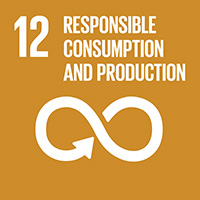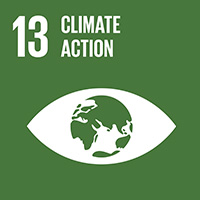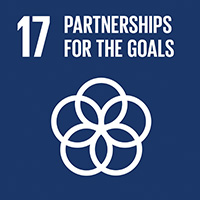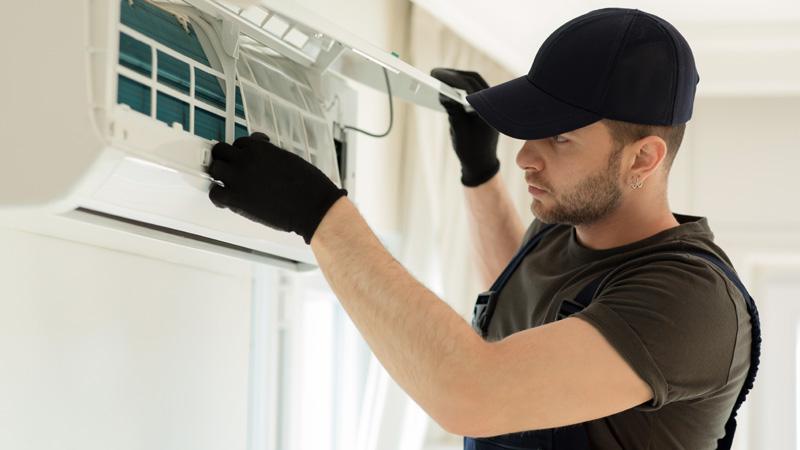Our work: Synthetic refrigerant co-design project
Aim: To examine ways to extend the ability of Recovery’s voluntary product stewardship programme to avoid environmental harm from ozone depleting gases.
The problem
Synthetic refrigerants are widely used in the heating and cooling systems we all rely on. They’re used in equipment used to keep our homes comfortable right up to large scale food manufacturing operations that keep our food safe. But they can cause significant environmental harm by contributing to climate change if they are not managed, collected and disposed of properly.
The Trust for the Destruction of Synthetic Refrigerants (Recovery), has been operating a voluntary product stewardship scheme – now known as Cool-Safe – to manage these gases since 1993. But end-of-life refrigerant disposal is growing and is forecast to continue growing.
The solution
Recovery engaged 3R Group on behalf of stakeholders as a project manager. The goal was to develop industry best practice to minimise harm and a fully funded disposal path to meet the changing nature of refrigerant gases.
What did we do?
- We established a co-design working group with government and industry
- Set out project milestones to make sure the group had momentum and accountability
- We prepared and carried out a consultation plan to ensure stakeholders had a say
- Conducted data collection, situational and GAP analyses
- Engaged with IRHACE to scope training course outline
- Identified the options for mandatory product stewardship
- Provided advice on the preferred options for mandatory stewardship
How did we do it?
- We provided expert advice in product stewardship
- Facilitated technical discussions across the industry in order to design a regulated scheme for an intangible product with unique challenges
- We supported Recovery in their funding submission
- We gathered the right information to inform decisions of the working group
- Used our deep knowledge of mandatory product stewardship to help the group decide the best course of action
Where to next
Refrigerants, other synthetic greenhouse gases and products containing them were declared a priority product by government in 2020. This requires them to be effectively managed under an accredited product stewardship scheme with mandatory participation.
3R worked with CoolSafe on their application for accreditation as a regulated product stewardship scheme, which has been submitted to the Ministry for the Environment.
If you’re an importer, manufacturer, retailer, installer, technician, or commercial user of refrigerant gases, we suggest you get in touch with Cool-Safe to keep up to date about how it will effect you.
“3R are experts in managing conflicts of interest and drawing companies together to find solutions we can all work with. Companies also gain confidence from knowing their industry scheme has been designed to best practice, particularly in terms of governance and transparency.”
John Bowen, Former Director, Refrigerant Recovery NZ
(Member of Synthetic Refrigerant Stewardship Project)
Sustainable Development Goals (SDGs) impacted by this work

Goal 12: Responsible consumption and production

Goal 13: Climate action

Goal 17: Partnerships for the goals







